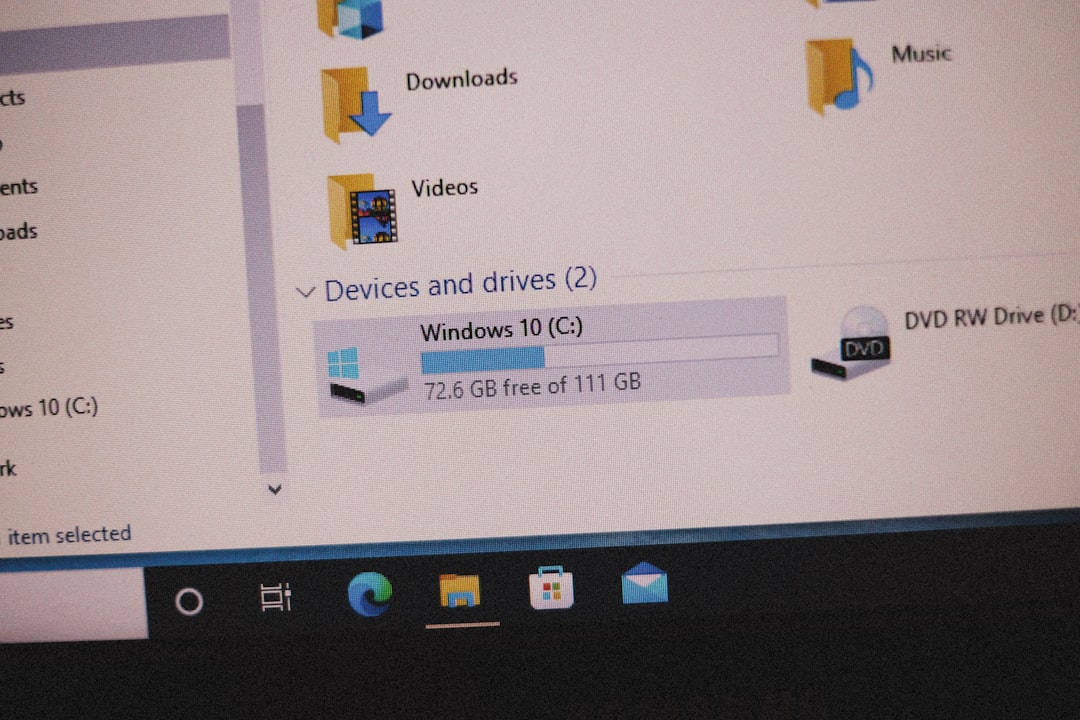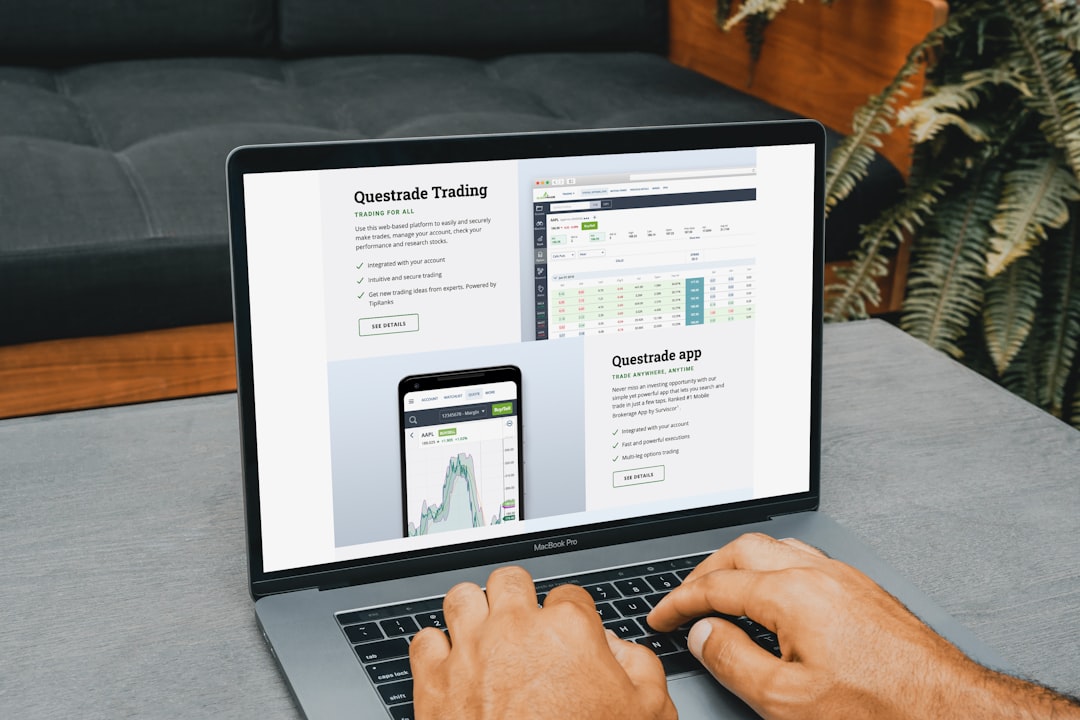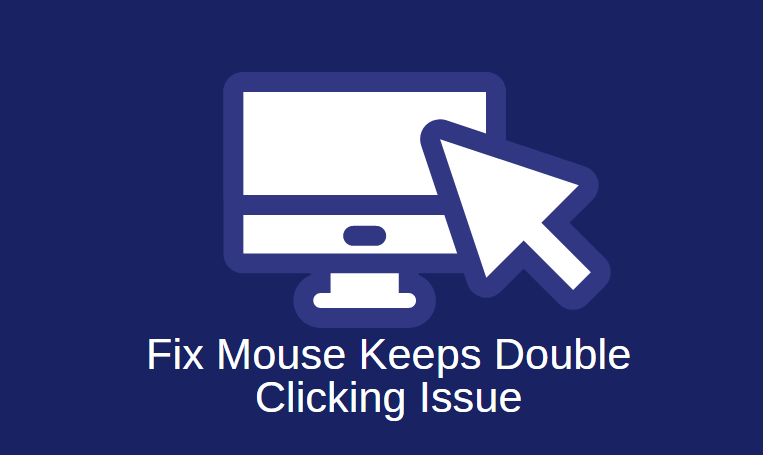In the ever-evolving field of medical research, accurate and efficient reporting is more crucial than ever. Market research (MR) professionals are under constant pressure to deliver insights with precision, speed, and clarity. In 2025, the demand for reliable MR reporting software has surged, leading to the development and refinement of several exceptional tools. Below is a comprehensive guide to the 15 best MR reporting software you should consider this year, backed by trust and performance.
1. Tableau
Tableau continues to dominate as a premier data visualization platform. Researchers appreciate its ease of use, powerful dashboard features, and deep integration with various data sources.
2. Power BI
Microsoft’s Power BI is praised for its affordability and integration with Excel and Azure. It’s widely used in MR due to its real-time sharing capabilities and interactive visualizations.
3. Looker
Looker, now a part of Google Cloud, offers strong modeling capabilities and accessible data analytics. It’s a preferred choice for organizations already invested in the Google ecosystem.
4. Domo
With a tailored focus on business insights, Domo enables MR professionals to not only visualize but also automate data pipelines and collaborate in real time.

5. Q Research Software
Specifically designed for survey analysis, Q offers a robust solution for market researchers. Its drag-and-drop interface and cross-tabulation tools make it a go-to for survey-heavy MR work.
6. SPSS
IBM’s SPSS is a longstanding pillar in statistical analysis. It’s highly respected in academic and clinical research, providing advanced analytics and machine learning integration.
7. Zoho Analytics
Emerging as a cost-effective solution, Zoho Analytics provides automation features and detailed business intelligence dashboards tailored for small to mid-sized research teams.
8. Alteryx
Alteryx empowers data preparation and advanced analytics. It’s particularly favored for its automation capabilities and predictive modeling features.
9. SurveyGizmo (now Alchemer)
Alchemer combines powerful survey tools with customized reporting. It’s ideal for MR teams that need flexibility in both data collection and reporting.
10. SAS Visual Analytics
SAS Visual Analytics is part of the larger SAS suite, offering enterprises high-level insights through machine learning, dynamic visualizations, and robust data security.
11. Klipfolio
Used widely in marketing and research dashboards, Klipfolio lets users build real-time visual reports from multiple data streams, perfect for agile research environments.
12. Crystal Reports
Crystal Reports by SAP remains a powerful tool for creating pixel-perfect reports and integrating neatly with legacy enterprise systems.
13. Qualtrics
Best known for experience management, Qualtrics offers robust reporting modules that complement its powerful survey and data collection functions.

14. Google Data Studio
Google Data Studio made major strides in 2025 with improved templates and easier API integrations. It remains a free and flexible platform for researchers of all levels.
15. Infogram
Infogram offers a sleek design environment for creating shareable reports, infographics, and charts—perfect for client-ready presentations and executive dashboards.
Choosing the Right MR Reporting Software
When selecting an MR reporting tool, your decision should be based on several key factors:
- Scalability – Can the software grow with your team or project?
- Data Integration – Does it support multiple data sources with ease?
- Security and Compliance – Does it meet your data governance requirements?
- Ease of Use – Is the interface intuitive enough for diverse users?
The platforms listed above have proven their merit in these areas, making them reliable choices for any research professional looking to streamline reporting in 2025.
Final Thoughts
As the digital transformation of research processes continues, adopting the right MR reporting software will be essential for maintaining a competitive edge. From high-end enterprise solutions like SAS to more accessible options like Google Data Studio and Zoho, there is a tool suited for every organization’s needs. Carefully assess your requirements, test demo versions when possible, and don’t hesitate to invest in tools that will empower more accurate, faster, and insightful reporting outcomes.





